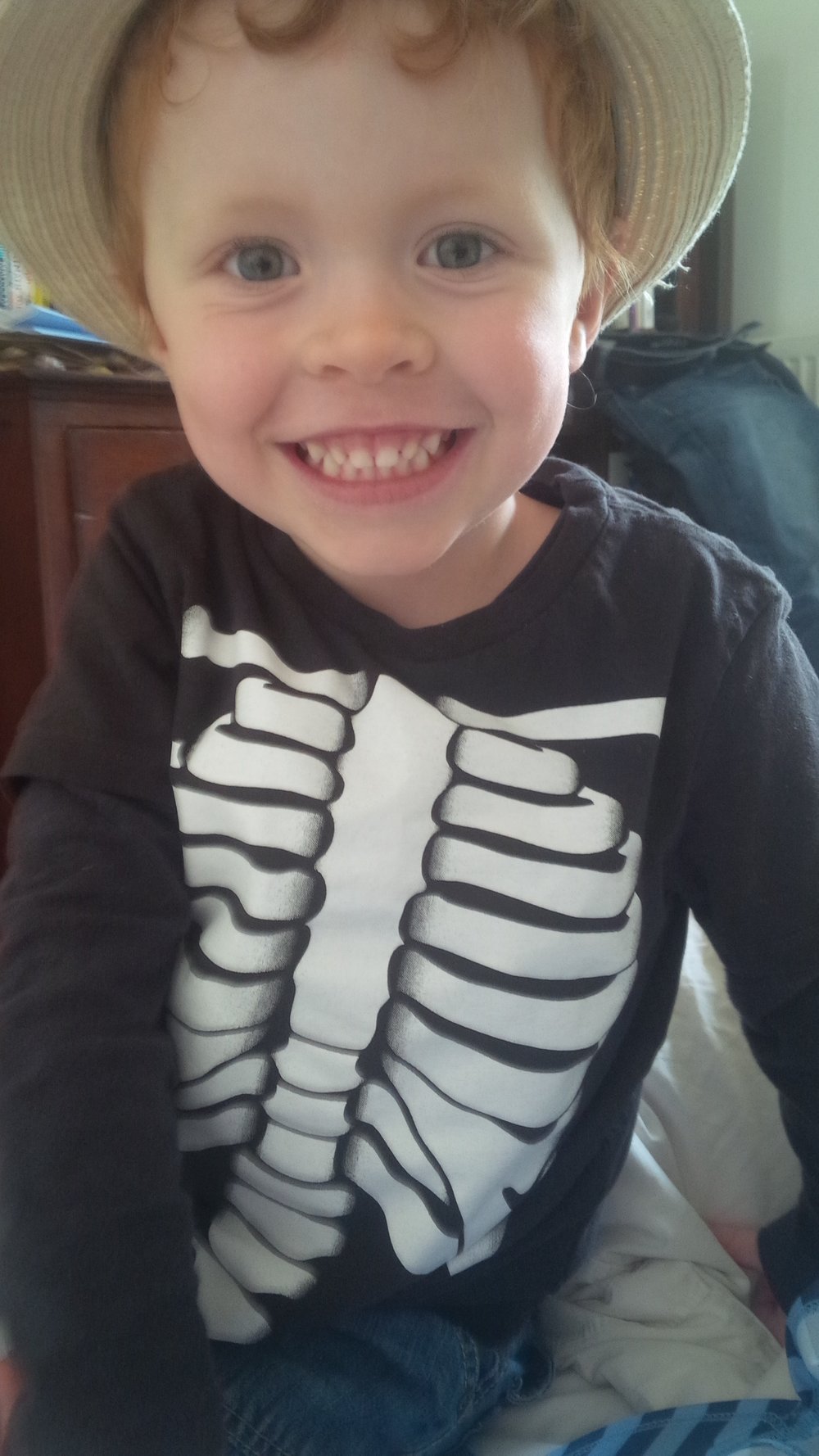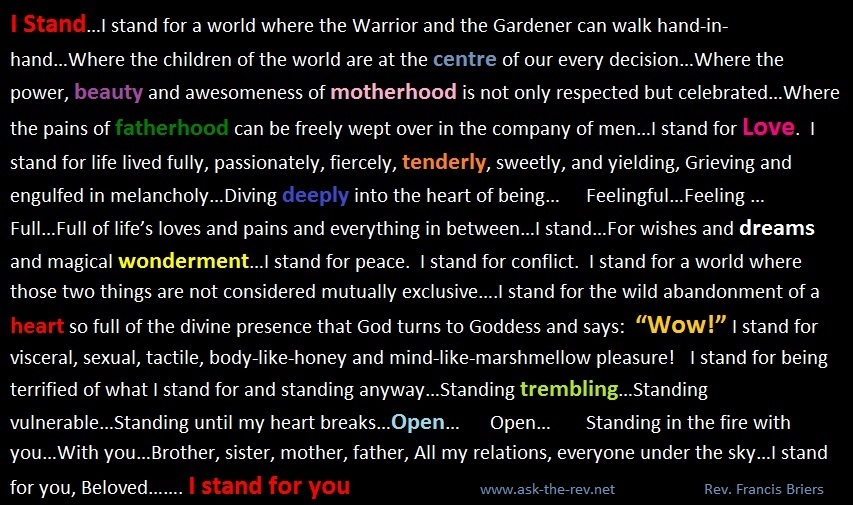You are going to die.
You
Are going to die.
There is no avoiding it.
Pretending it won't happen won't prevent it
And more than that,
Everyone and everything you love will die too.
There is no solace in this world, no legacy great enough to ensure your immortality.
You are closer to death now than when you started reading this.
Take another step my friend,
There is no avoiding it.
There could be misery in these thoughts...
Terror,
Disillusionment,
Pain.
But there is a gift as well:
It is only by embracing the reality of death that we truly learn how to live.
There is a fierce urgency that is yours to claim,
A freeing knowledge of your own doom
That waits…
Like death…
Just around the corner.
Many imagine the knowledge of imminent doom
To bring a rush
Of hedonism,
A selfish ‘fuck you' to the world as you pursue your own pleasure.
...But that is not what I see.
That is not what I feel in myself as I contemplate my own demise.
No.
I want to share,
to give,
to love.
I seek belonging
Not belongings,
I welcome simplicity and peace, not a chaotic feeding of my inner glutton,
I seek substance not substances,
Because:
In confronting my death
I have to confront my life,
In facing the fact that I could disappear at any moment
I have to ask the question
"What if I could appear at any moment?"
What if...?
What if...?
What if I stepped out from behind the cloud of my own inhibitions and really lived?
What if I grasped the opportunity in my life?
Not for fame,
Or greatness,
Or money,
Or any of the other egoic delights
I may pick up
Incidentally along the path,
What if I grasped the opportunity in my life
for ordinary wonder?
What if seeing death could help me to see life?
What if the marvel of life lies not in the marvels but in the minutiae?
The light on my cup,
The moment of satisfaction after eating a meal,
Or speaking to a friend…
What if I could appear to myself at any moment?
What if I could see myself with fresh eyes now,
and now,
and now
And know:
This is who I am.
And tomorrow I will be someone else,
And that is wonderful and terrible.
Wonder-full and terrible
To have to face
My own death
Every day;
The possibility of my physical death
And the reality of dying to myself every moment,
Because I am not the same person now as when I started writing this,
You are not the same person who started reading this:
You are not only dying but dead.
You are dead.
You are dead already.
You don't owe anyone anything,
And you owe a great legacy in every moment
Because you are your own ancestor.
Are you going to let the million you's who died so that you could live
Die for nothing?
Knowing that you will die anyway, can you sacrifice yourself in this moment
So that the you who is being born
Might receive a legacy of choice?
Can you embrace death, dear one,
so that you might learn how to live?
Can you embrace death, dear one,
so that you might learn how to live?
If you want to get a copy of this poem as a small, illustrated book then check my books page. If you want to get short, thoughtful and inspiring emails every few days from me, sometimes with my latest poems, sign up for my ‘Everyday Magic’ emails.


